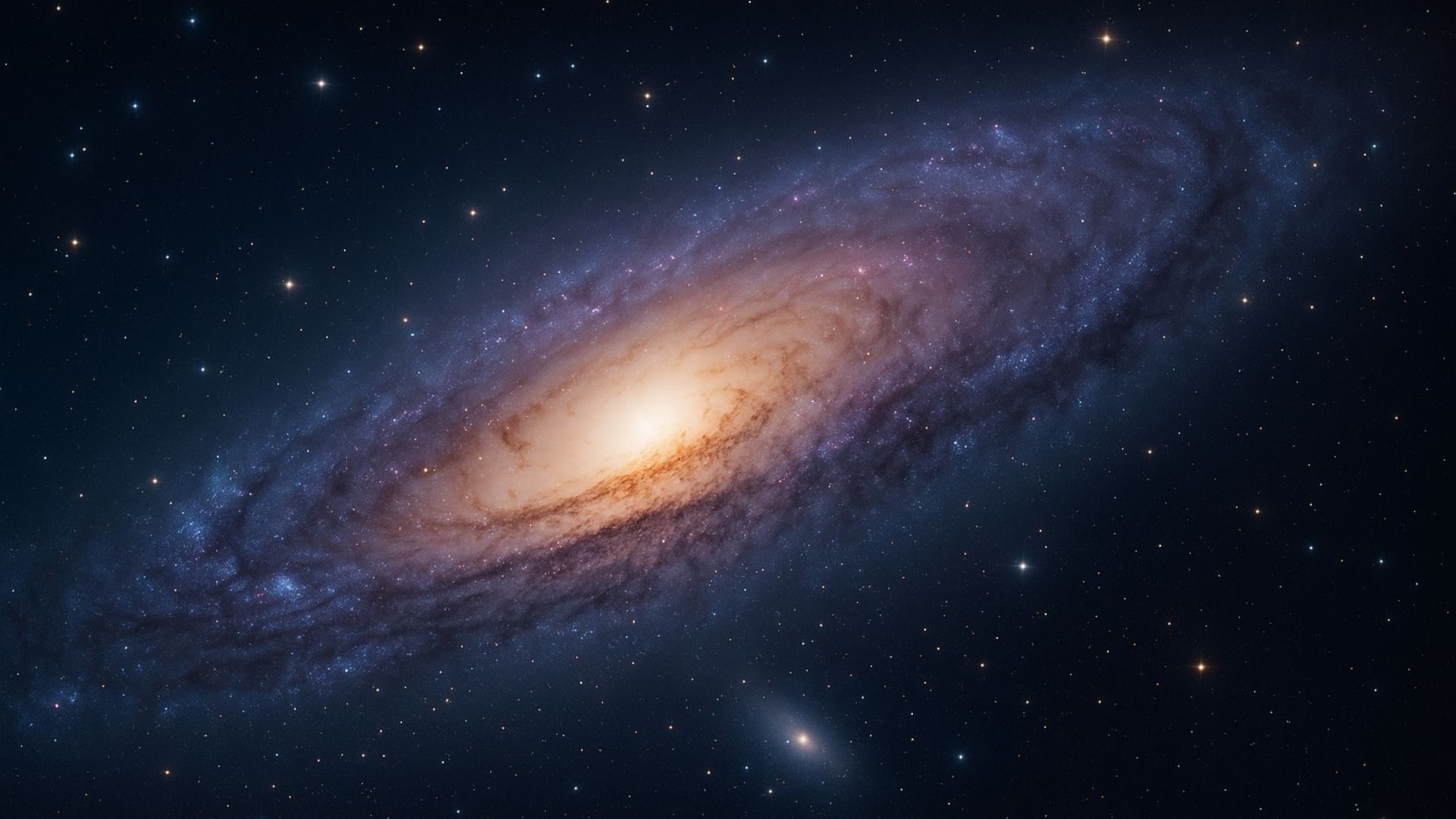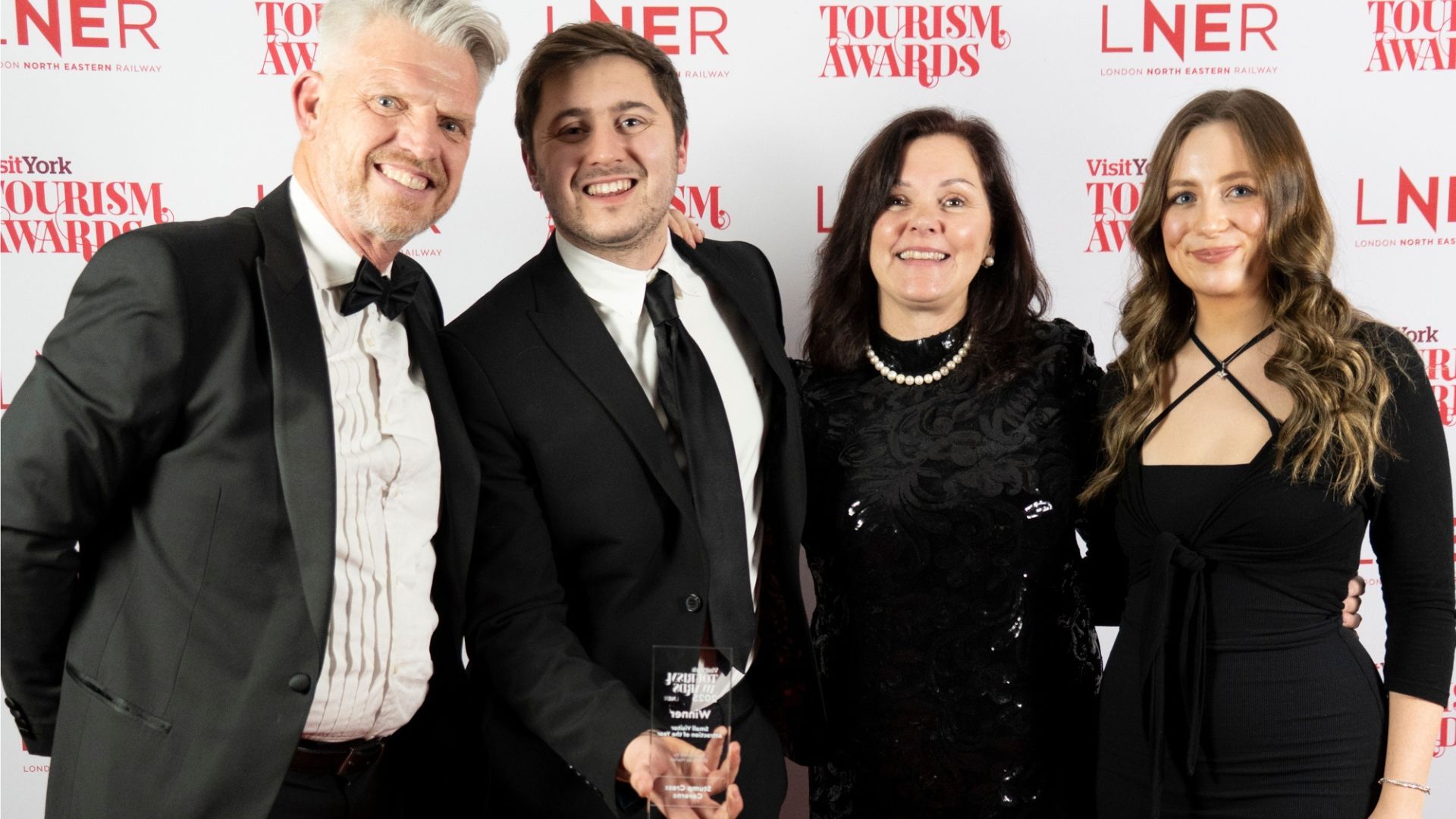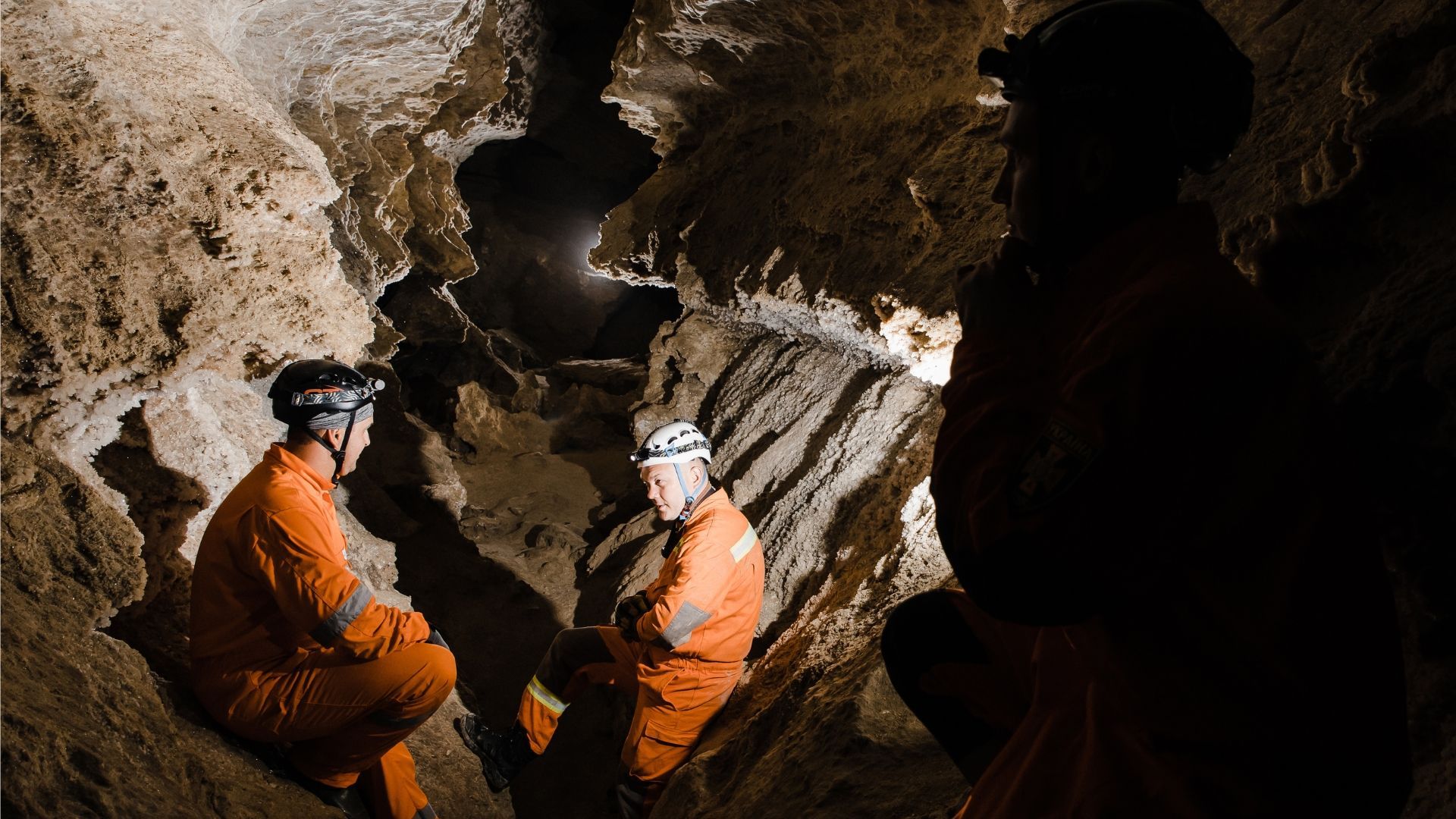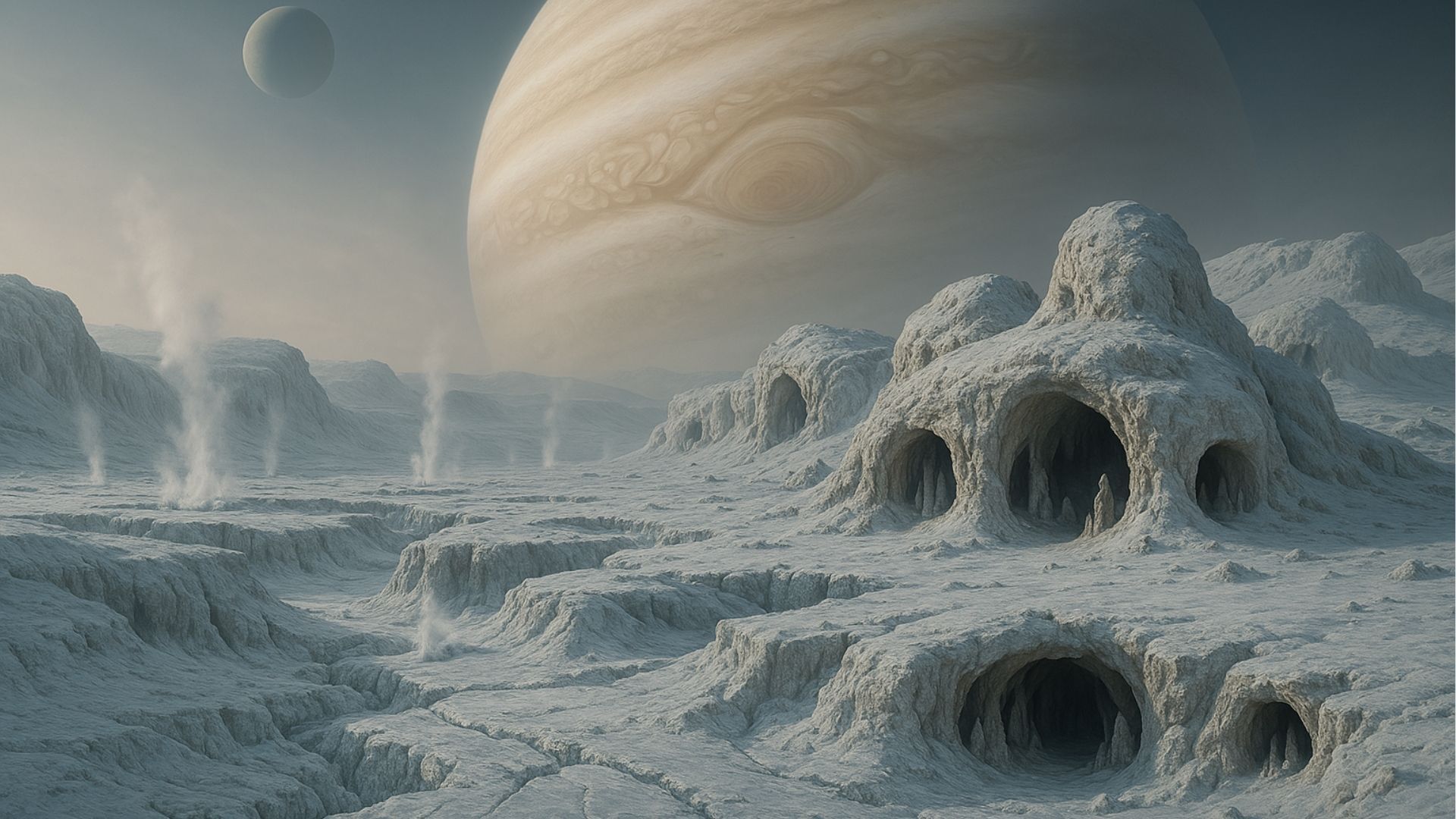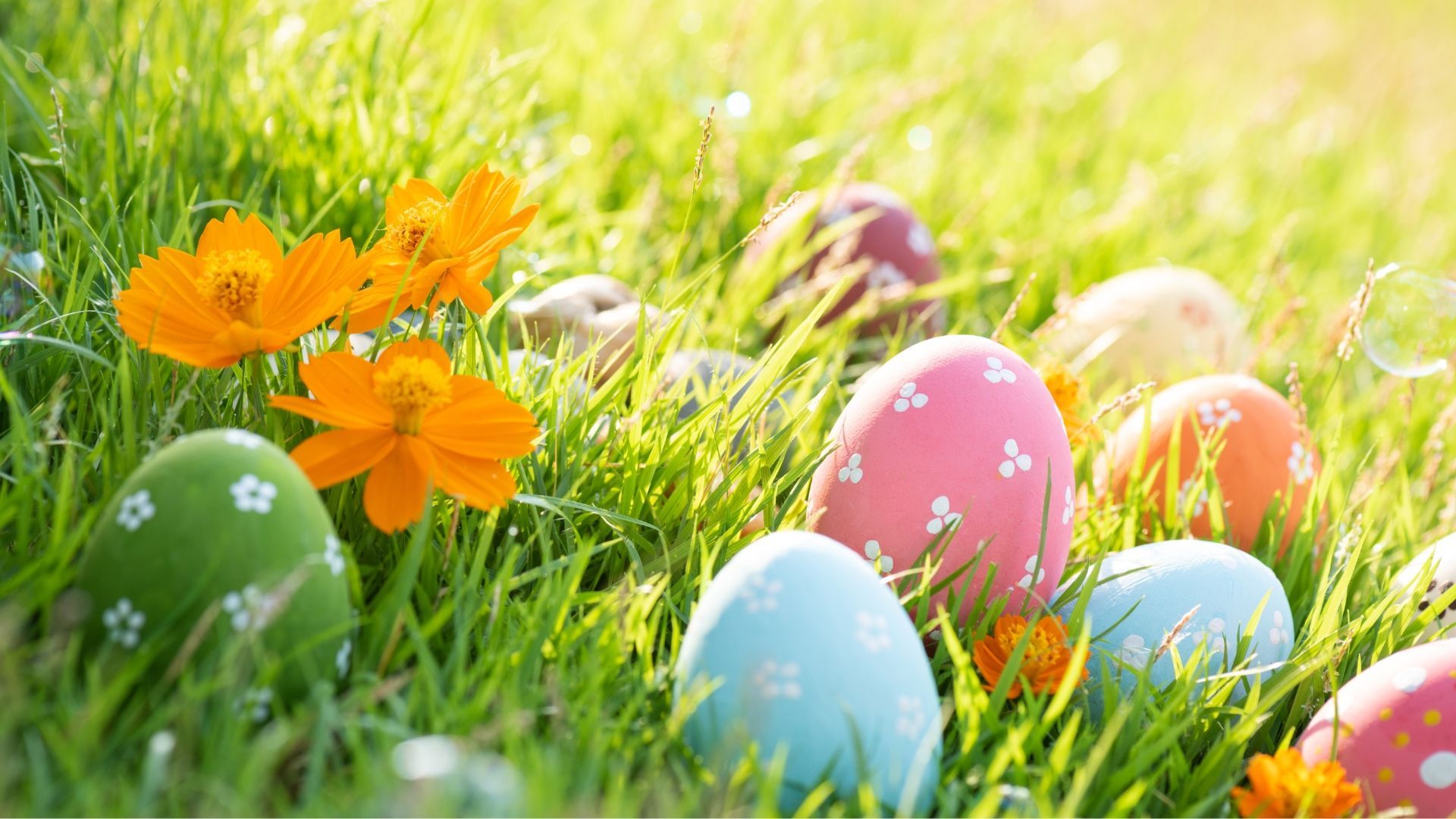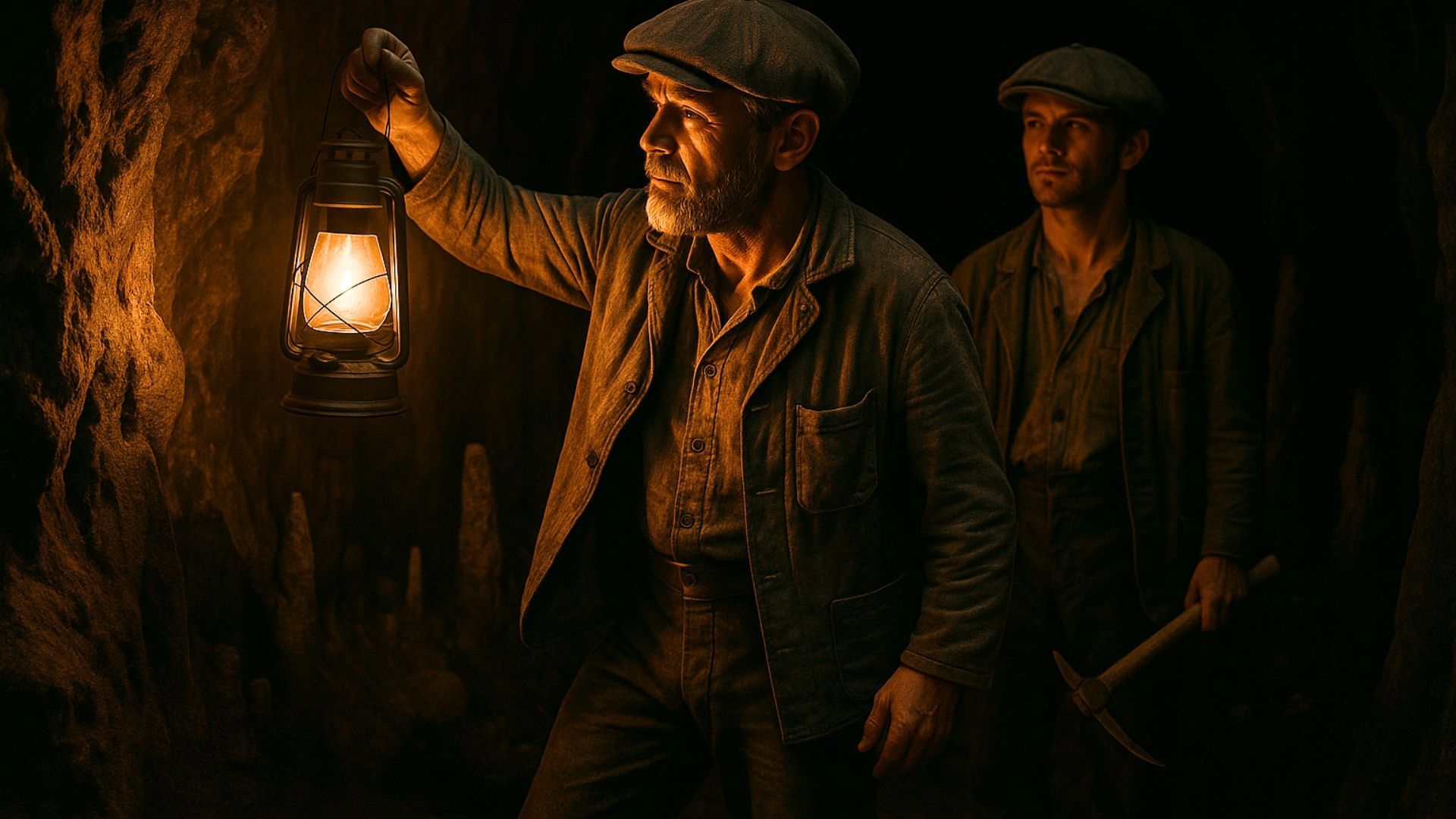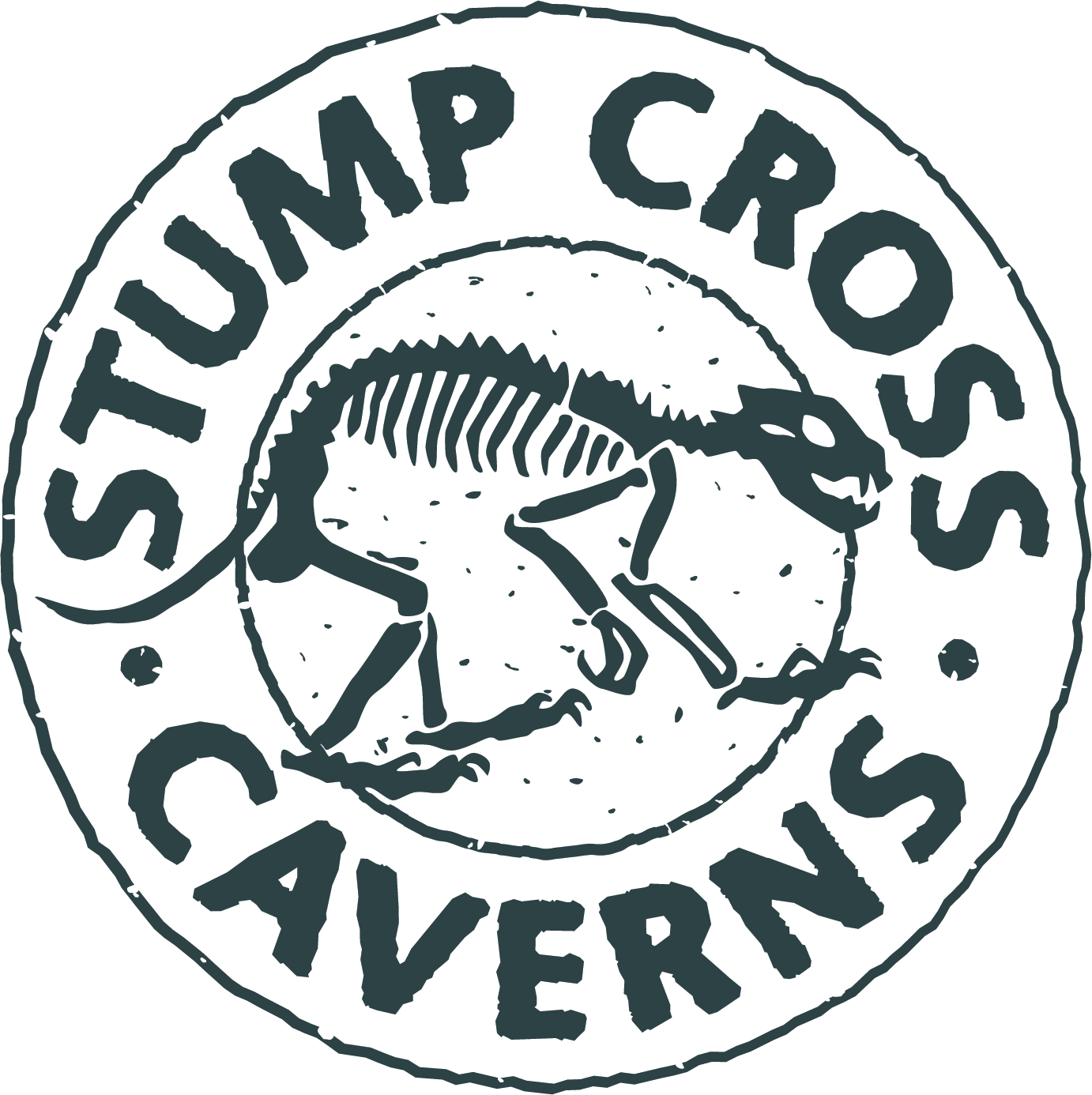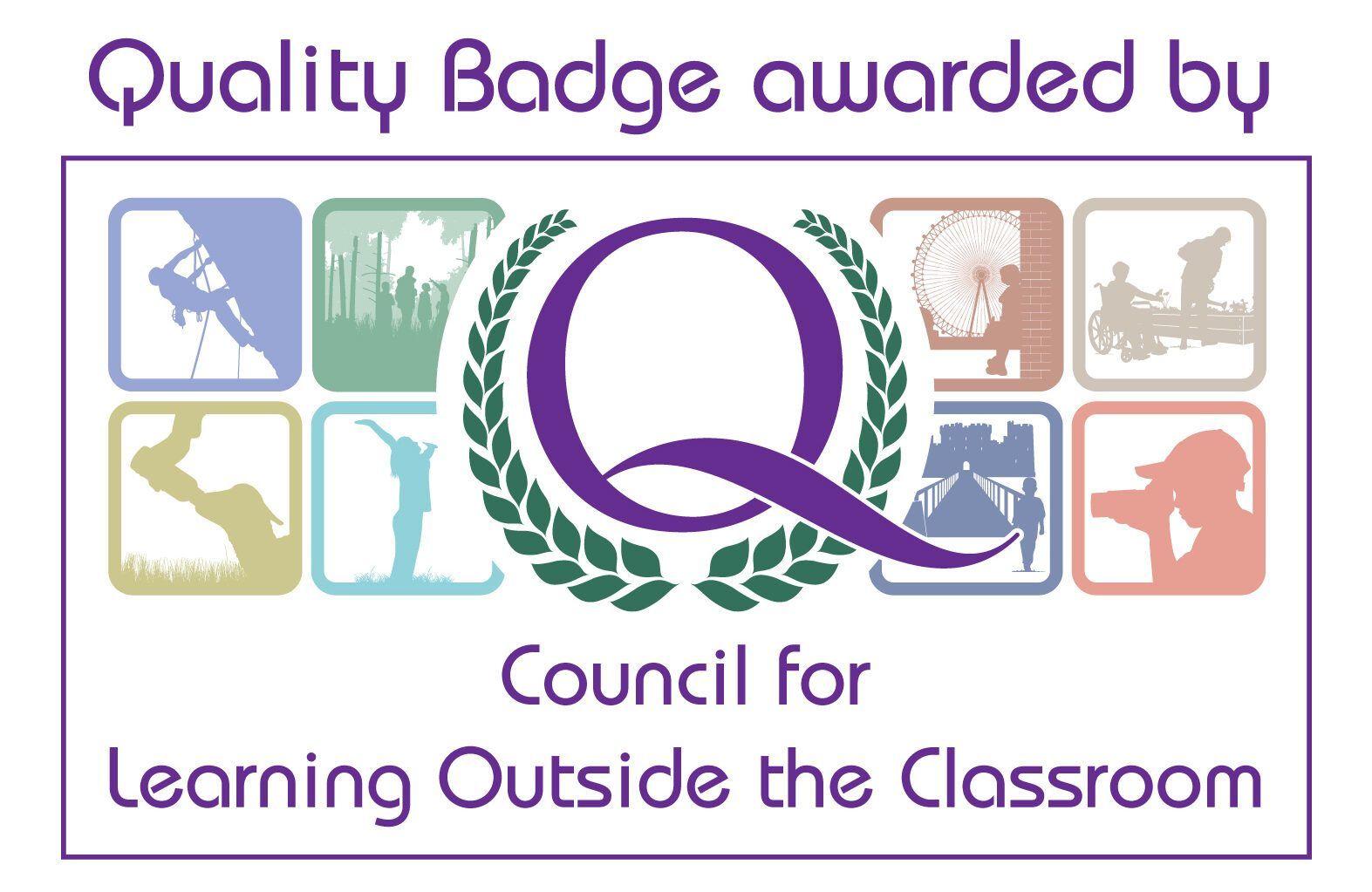Do you know your Charlotte Murchison from your Mary Anning? Meet 4 women who transformed geology.
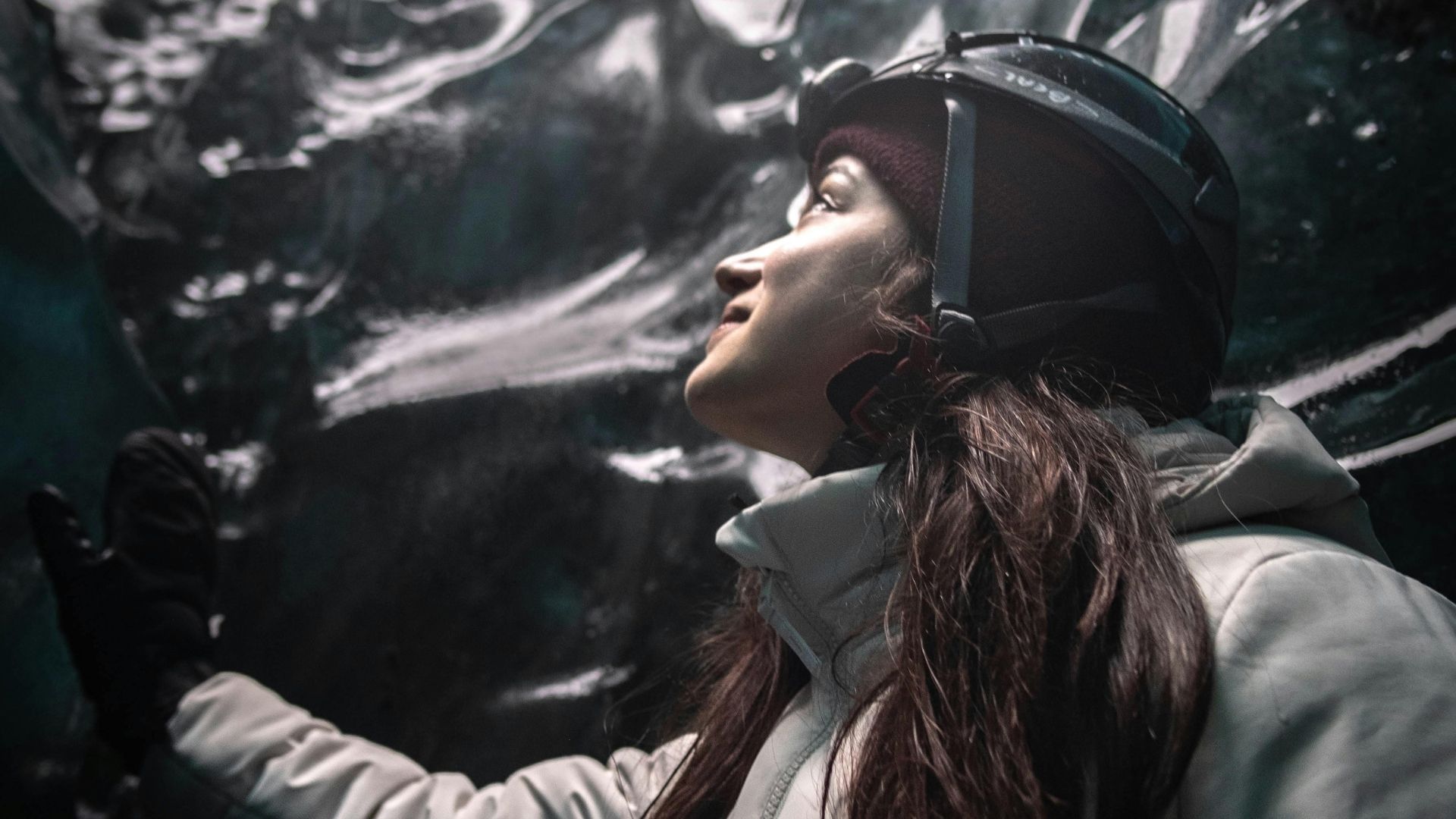
Women in science have always had to fight. Male scientists studied at university, gave lectures, wrote books and were credited with their discoveries.
Meanwhile, female scientists were barred from university until 1868 – and even then, they weren't initially awarded degrees. Often, they acted as "assistants" to male scientists who took credit for their work.
This is true across all fields of science. In geology, women carried out game-changing research, yet their achievements were only recognised after the fact.
Some of these pioneers are becoming household names. Others remain obscure outside the academy. But all of them fought against the odds to contribute to a field of science that's shaped our understanding of the Earth.
So, without further ado, here are four women who changed geology forever.
Etheldred Benett (1776-1845)
Etheldred Benett was born into a wealthy, illustrious family. How wealthy and illustrious? Let's put it this way: her maternal grandfather was William Wake, AKA the Archbishop of Canterbury.
But in the late 18th and early 19th centuries, no amount of wealth or prestige could get a woman into university. Moreover, around half the population of the UK was illiterate. This meant only a handful of women could study science – and those who did were forced to do it at home.
This didn't deter Ethelred, who spent much of her life collecting and analysing fossils in South West England. She worked hard to create one of the largest fossil collections of the age.
She was in frequent touch with her fellow geologists and gained their respect – an unusual feat for a woman of her time. She also donated lots of her collection to various museums.
Etheldred was fortunate to have a name one letter away from "Ethelred", leading many people to think she was a man. This led to her being awarded membership of the Imperial Natural History Society of Moscow under the name "Master Etheldredus Benett". Go Etheldredus!
Charlotte Murchison (1788-1869)
Charlotte Murchison was a British geologist born in Hampshire, England. She was married to the geologist Roderick Impey Murchison. The two sketched cliffs and fossils in continental Europe and closer to home on the Yorkshire coast. Together, they built up a significant collection of fossils.
Her story is typical of female scientists of her time. Now known as a significant influence on her husband's work, she wasn't recognised for her achievements at the time. She was also barred from higher education.
The Murchisons were friends and collaborators with the geologist Charles Lyell. Charlotte insisted on attending his lectures, helping pave the way for female attendance.
She lived a full life before dying of malaria contracted on a field trip at the age of 80.
Mary Horner Lyell (1808-1873)
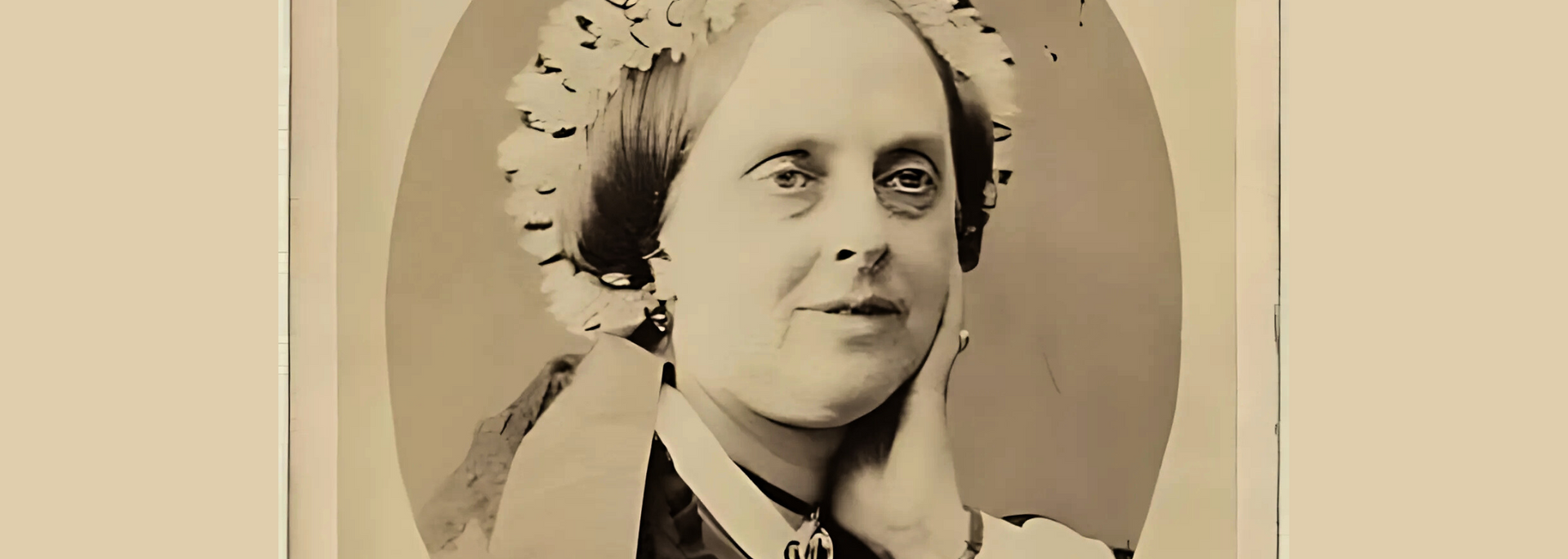
Born in London, Mary Horner Lyell spent her adult life as the wife-slash-assistant of famous geologist Charles Lyell. Historians believe, however, that she made significant uncredited contributions to his work.
Her only known independent work is her study of land snails in the Canary Islands. This is thought to be just the tip of the iceberg.
As well as contributing much to science, Mary was fluent in French, German, Spanish and Swedish. She acted as Charles's interpreter, scribe and assistant researcher.
In 1833, she fought for women to be allowed to attend lectures at King's College London. This was a major battleground in women's rights at the time. Charles permitted women to attend his lectures and found that more than half of the attendees were women.
When she died, the
Boston Daily Advertiser
paid tribute to her "strength and sweetness", writing, "There are many hearts in the United States that will be saddened by the death of this admirable woman… In every part of it [she] had made warm and lasting friends".
Today, we can add her contributions to geology and conchology to this eulogy.
Mary Anning (1799-1847)
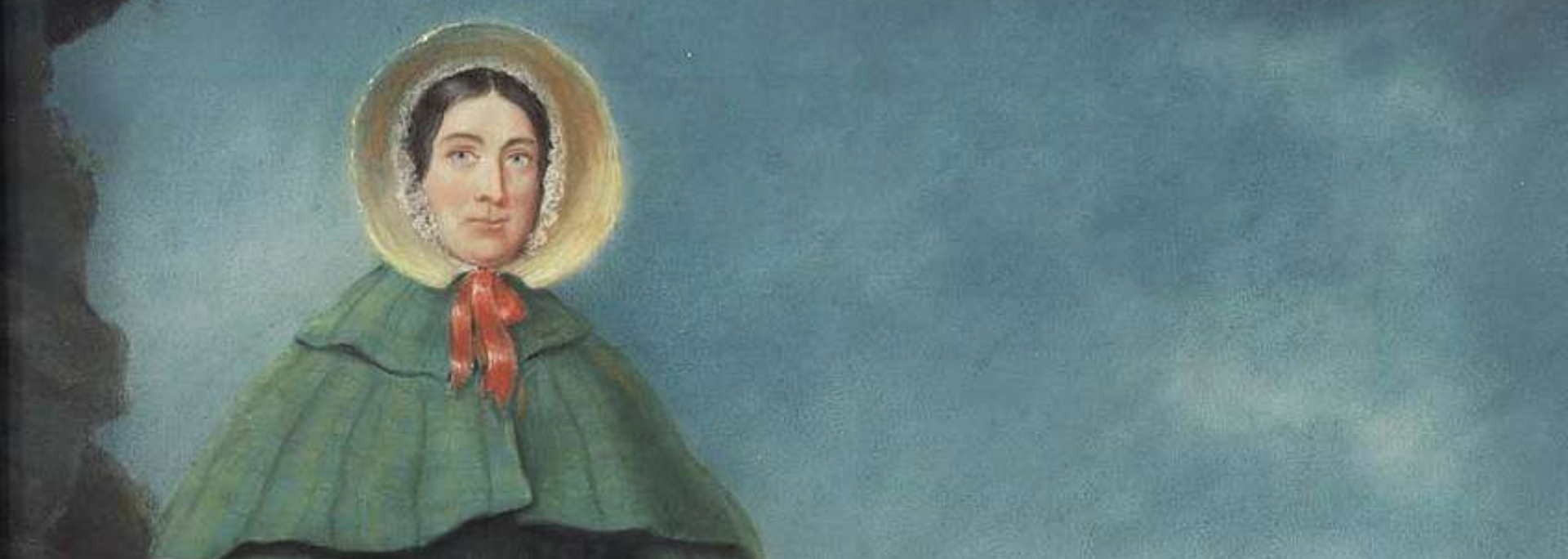
The Natural History Museum in London is a treasure trove of geological specimens. One of its jewels, a complete Ichthyosaurus skeleton, was found by Mary Anning. Her other finds included a type of sea reptile called a plesiosaur and the flying Dimorphodon.
Mary was born into poverty in the coastal town of Lyme Regis, Dorset. Her father made cabinets and sold fossils on the side. He died when Mary was 10.
Undeterred, she devoted herself to collecting and analysing fossils and studying geology.
Aged 27, she opened Anning's Fossil Depot, a shop selling fossils to tourists. She collected these from beaches. Some of her finds, like the
Ichthyosaurus, have had a lasting impact on geology and the theory of evolution.
Despite this lasting impact, Mary was excluded from the scientific community because of her gender. The history of geology was told without her.
All this began to change in the 20th century. Books such as H.A. Forde's
The Heroine of Lyme Regis
(1925) began to tell her story. She was referenced in John Fowles's
The French Lieutenant's Woman
(1969). For many years, people mistakenly believed that she was the woman who sells seashells on the seashore in the famous tongue-twister.
In 1999, the 200th anniversary of her birth was celebrated in Lyme Regis by an international assembly of historians, fossil collectors, palaeontologists and others.
Then, in 2010, the Royal Society listed her as one of the 10 most influential British women in the history of science.
A bronze statue of Mary, created by the sculptor Denise Dutton, now stands in Lyme Regis. It was commissioned thanks to the efforts of another inspirational female: 11-year-old Evie Swire, supported by her mother Anya Pearson.
Final thoughts
For a long time, the contributions of women to science have been overlooked or deliberately omitted. This is beginning to change, and inspirational scientists are starting to get their due. We salute them all!
Know a little geologist in the making? At Stump Cross Caverns, we love
teaching kids about fossils with our interactive dig sessions. They'll enjoy learning about the ancient world and finding real fossils they can take home and keep. Fancy some educational fun? It's easy to
book tickets online.

